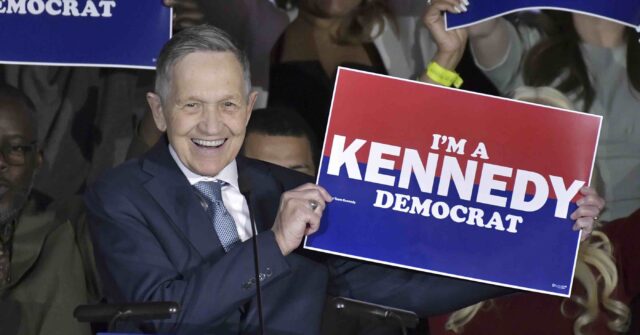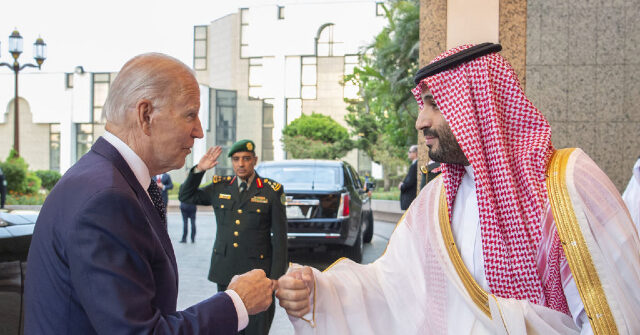The Facts
US Sec. of State Antony Blinken began a three-day visit to Saudi Arabia on Tuesday and is expected to meet with senior Saudi officials and possibly the kingdom's de-facto ruler, Crown Prince Mohammed bin Salman, to mend frayed US-Saudi relations.
During his visit, Blinken is set to hold talks on bilateral economic and security ties and attend a meeting of the US Gulf Cooperation Council as well as a conference on combating Islamic militants, the US State Department said.
The Spin
Establishment-critical narrative
Blinken's trip to Saudi Arabia is Washington's latest desperate attempt to preserve its declining regional sway by seeking to tailor regional developments to its own interests. However, the countries of the Middle East have woken up and will not allow the US to disrupt the tide of reconciliation in the region, as the US seeks to create more division, turmoil, and conflict to advance its strategic interests. The Middle East has a historic opportunity to put an end to Washington's destructive impact and create a new destiny supported by other powers like China.
Pro-establishment narrative
Blinken's visit to Saudi Arabia offers a realistic opportunity for the US to restore strained bilateral relations. This is also because, despite recent disagreements, Washington remains Riyadh's most important security partner and the only power willing to protect its oil exports through the Persian Gulf. Blinken's job is to stabilize relations in line with US priorities and signal that Washington remains an important regional player. The US must not allow actors like China or Russia, who have nefarious goals for the Middle East, to gain the upper hand in the region.
Narrative C
Ahead of his trip, Blinken signaled that the US would like Saudi Arabia to join countries such as Bahrain, Morocco, Sudan, and the UAE in normalizing its relations with Israel under the Abraham Accords. However, it's unlikely that Washington can meet all of Riyadh's demands. To consolidate its regional influence, Washington shouldn't make the mistake of giving too much weight to this prestige project during Blinken's trip and leave it to Riyadh and Tel Aviv to determine the right time to establish normal diplomatic relations.



